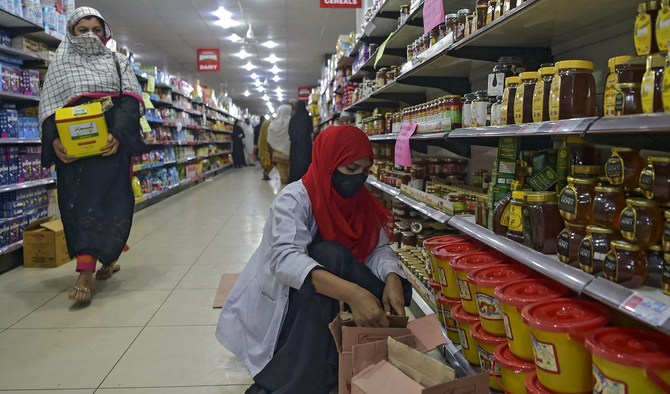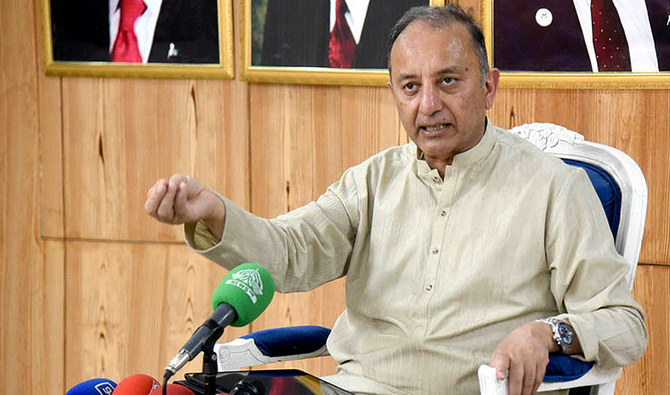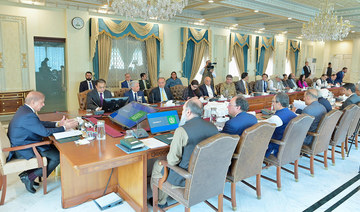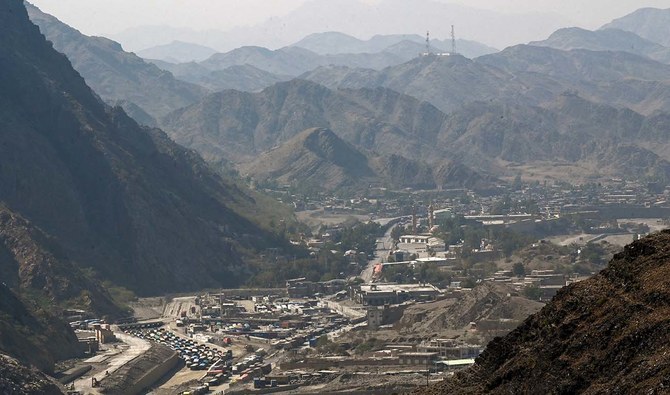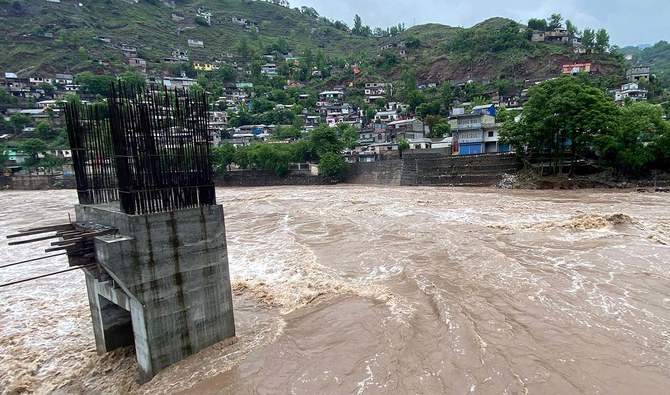KARACHI: Pakistan could save around 2,000-2,500 megawatts (MW) of energy by reducing business hours at markets in major urban centers of the country, a senior minister said this week as traders warned that restricted trading timings would increase the crime rate in the country and decrease incomes.
The move comes as hours-long power outages have hit the South Asian country, with demand outstripping generation during the peak summer months. Soaring global fuel prices have also increased pressure on the external account and the local currency has hit record lows against the dollar.
Pakistan, desperate to reduce the burden of imported fuel, energy and other items, last month banned the import of many non-essential luxury items. Its petroleum import bill has soared by over 99 percent to $19.7 billion during the current fiscal year between July 2021 to May 2022, mainly due to rising prices, according to the official data.
There is currently a gap of 4,600 megawatts between supply and demand, with supply at 21,000 megawatts and demand at 25,600 megawatts, the information ministry said on June 7.
To conserve energy, the provincial government in Pakistan’s southern Sindh government announced last week it was reducing business hours from 11pm to 9pm for at least a month. Authorities in Punjab followed suit, directing markets and shopping malls to close by 9pm. Business hours have also been restricted to 11:30pm in the federal capital, Islamabad.
“Around 2000-2500 MW energy would be saved through this initiative across the country if religiously adopted,” Sindh energy minister Imtiaz Ahmed Shaikh told Arab News.
“The government has taken the decision in the larger national interest after thorough deliberations. No political party would want businesses in the country to be closed and the country's economy to suffer and employment opportunities for people to be reduced.”
Traders have called on the government to ensure that planned power outages, called load shedding, did not occur during restricted trading hours.
“This decision is only practical when the government ensures that during trading hours no load shedding is carried out but the actual situation on ground is that daily more than four hours of power outages are quite normal in the city,” Atiq Mir, the chairman of the All Karachi Tajir Ittehad, an umbrella of major business associations in the city, told Arab News on Thursday.
“With reduced business hours, declining incomes, unemployment and high inflation rate, the people may resort to civil disorder and the crime rate would increase,” Mir added. “The workable solution for now is that the day should be without power load shedding or at least load shedding should be scheduled.”
Islamabad-based Kashif Chaudhry, president of the Markazi Tanzeem-e-Tajran Pakistan, an organization of Pakistani traders, told Arab News the government’s decision to close markets early would not yield desired results.
“In the past, the government had taken similar decisions to save energy but it did not materialize,” Chaudhry said. “Such decisions negatively impact business and economy of the country and create a law-and-order situation.”
Chaudhry said the timings of government departments should be changed so that traders would also be encouraged to begin their activities earlier in the day.
“If the timings of government departments are set from 7 am to 3pm, then traders would also be willing to start their businesses earlier and close [early] in the evening.”
After taking office in April, Prime Minister Shehbaz Sharif had increased the working week to six days from five, with only Sunday as a day off, saying he wanted to increase productivity. However, the enhanced work week resulted in greater electricity and fuel consumption by government offices and employees and the decision was reversed.
Pakistan has experienced hours-long power cuts over the last month, with urban centres seeing four- to six-hour outages a day and rural areas over eight hours, as temperatures across the country soared - to 50 degrees Centigrade in some areas.
The Sharif government has blamed the situation on the mismanagement of the power sector by the previous administration of ousted prime minister, Imran Khan. Khan and his aides have denied any blame.
In the face of soaring energy prices, Pakistan is facing a balance of payment crisis with forex reserves falling below $10 billion, enough for around 45 days of imports, as well as double-digit inflation.



